Direct democracy virus spreads across Italian border
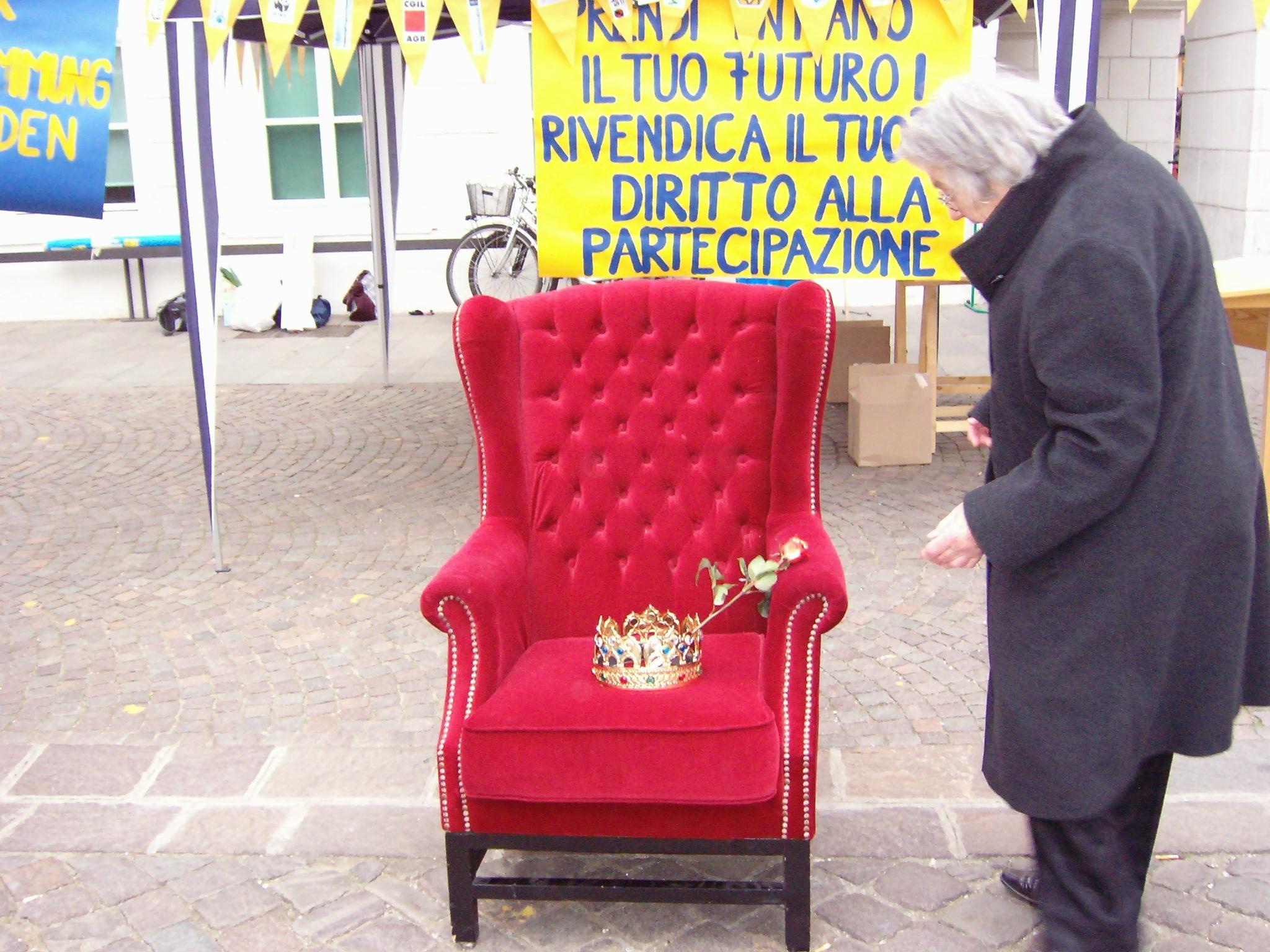
Winds of direct democracy are blowing in the northern Italian region of Trentino and the South Tyrol. The forthcoming visit of a Council of Europe delegation is being welcomed by activists and may lead to Swiss-style people’s initiative rights.
“Unfulfilled” or “incomplete” – this is how democracy in Italy is described by activists currently fighting for a system with more citizen participation.
Their main inspiration is Switzerland, with its institutions of direct democracy parallel to those of parliament.
It is perhaps not surprising that a current hotbed of activism for “more democracy” in Italy is the South Tyrol, which is geographically but also linguistically and culturally close to the German-speaking part of Switzerland.
The frequent links and exchanges have stimulated new ideas on the Italian side of the border about direct democracy and the place it could have in the electoral system there.
After the Swiss Social Democrat parliamentarian, political scientist and direct democracy advocate gave a lecture on the subject in Bolzano in 1995 a group of citizens and organisations decided to gather signatures for two proposals for legislation on people’s initiatives.
One to introduce the legislative referendum at regional level, the other to give citizens the right to change the laws of their local municipalities.
The first of these proposals won a majority of votes in the regional assembly, but the Italian government vetoed it.
After 20 years of attempts to broaden the institutions of direct democracy and simplify the use of referendum rights, the activists in South Tyrol have not yet seen their demands met.
They have made some progress, nevertheless, and other groups have taken up the fight, especially in neighbouring Trentino and also in some other places, mainly at local level.
Legal opinion
A new impulse could also come from the neighbouring province, where on May 27 a combined delegation from the Council of Europe and the Organization for Security and Co-operation in Europe (OSCE)External link is due to arrive.
In Italy the top priority of all “more democracy” activists is elimination of the quorum – the requirement that a certain voter turnout be reached for a majority decision to be valid.
In their view, it is simply undemocratic that decisions can be made by those who stay away from the polls instead of by the majority of voters.
A discouraging example of this came from the Province of South Tyrol, where in 2009, 83.2% of voters approved a people’s initiative to extend referendum rights and facilitate their exercise – but the vote was declared invalid because the voter turnout of 38.1% failed to reach the legal quorum of 40%.
The Council of Europe’s Commission for Democracy through Law, based in Venice (and thus known as the Venice CommissionExternal link), has been asked for a legal opinion on a people’s initiative proposing legislation that would abolish quorum (the requirement for a minimum voter turnout) and introduce the mechanism of binding legislative referendums there.
This initiative was submitted in July 2012 by the committee More Democracy in Trentino.
“The [provincial] government has gutted our proposal: out of 50 articles, it cancelled 39, changed ten and accepted only one,” fumes Alex Marini, one of the leaders of More Democracy in Trentino.
If the legal opinion of the Venice Commission were favourable to the activists’ proposal, it would be a significant victory for More Democracy in Trentino, which could then resume its fight in the provincial assembly.
Also it would have an impact on the Province of South Tyrol (also known as Bolzano-Alto Adige), where proposed legislation on people’s initiatives was rejected in March.
“Since the two proposals are basically the same, the evaluation of the one in Trentino would also apply to the one in South Tyrol,” explains Stephan Lausch, coordinator of the Initiative for More Democracy group.
So the Venice Commission’s view should have some influence on the legislation promised by the government for later this year.
Autonomous regions
While remaining optimistic about the likelihood of a favourable determination, Marini does not hide his suspicion that the politicians may not feel bound by the recommendations of the Venice Commission and may just ignore them.
“We have a miserable set of politicians that just does not want to share power with the citizens,” says Lausch. He is convinced that “in Italy there is a hidebound system that affords no possibility for citizens to change it.”
In Italy the people’s initiative is a proposed piece of legislation formulated by a committee of citizens and put to a vote of whatever legislative body has jurisdiction – not a public ballot.
It exists at various levels: municipal, provincial, regional and national.
For an initiative to be submitted for decision, it has to get at least 50,000 signatures nationally and at other levels of government the number of signatures is equal to a stated percentage of the body of electors.
On a more positive note, as Marini and Lausch both concede, the constitutional reform of 2001 was a milestone for the two provinces and the other four autonomous regions with special status – Friuli, Val d’Aosta, Sardinia and Sicily.
At that time it was decided to create real tools of direct democracy. There were to be four types: a referendum to repeal an existing law, a referendum to require a new law, a consultative referendum, and draft legislation by people’s initiative.
However, there has been plenty of trouble with the legislation to put these rights into practice.
Bureaucratic hurdles as regards collecting signatures, high voter turnout (quorum) required for a referendum to pass, boycott of the people’s initiatives by the provincial assemblies – it all adds up to an attempt to nullify these new tools, according to the More Democracy militants.
“It’s a real obstacle course,“ says Marini.
Hopes at local level
Nonetheless the activists are not giving up. While waiting for the decision of the Council of Europe’s group, they are pursuing their strategy at other levels in both autonomous provinces.
By December all the municipalities will have to conform to the arrangements to improve the referendum mechanisms adopted by the Assembly of the Autonomous Region of Trentino-South Tyrol.
More Democracy in Trentino is asking candidates in local elections there on May 10 to sign up to a list of commitments in this area.
In the province of South Tyrol, Initiative for More Democracy has sent a 14-item questionnaire to mayoral candidates.
Some local councils have already advanced quite far along this road.
Twelve South Tyrol local councils have abolished the quorum altogether. The likelihood that their example will influence others is strong. This could then have an influence at provincial level.
After 20 years of struggle, Lausch remains only cautiously optimistic. “Some steps have been taken in the right direction. But this is very slow process,” he says.
For Marini, there are signs of gathering momentum, given that More Democracy in Trentino started only four years ago and has already a few achievements to its credit.
“This is a phenomenon that is only at the early stages, but it is promising,” he says.
The report about South Tyrol and Trentino is the second part in a short series of reportages on direct democracy in regions neighbouring Switzerland.
Other features focus on the French regional of Alsace and the German state of Baden-Württemberg.
The texts were written ahead of the Europa Forum – a Swiss discussion platform on European issues – in Lucerne at the end of April. This year’s event debated the chances and challenges of the direct democracy system.
Adapted from Italian by Terence MacNamee

In compliance with the JTI standards
More: SWI swissinfo.ch certified by the Journalism Trust Initiative

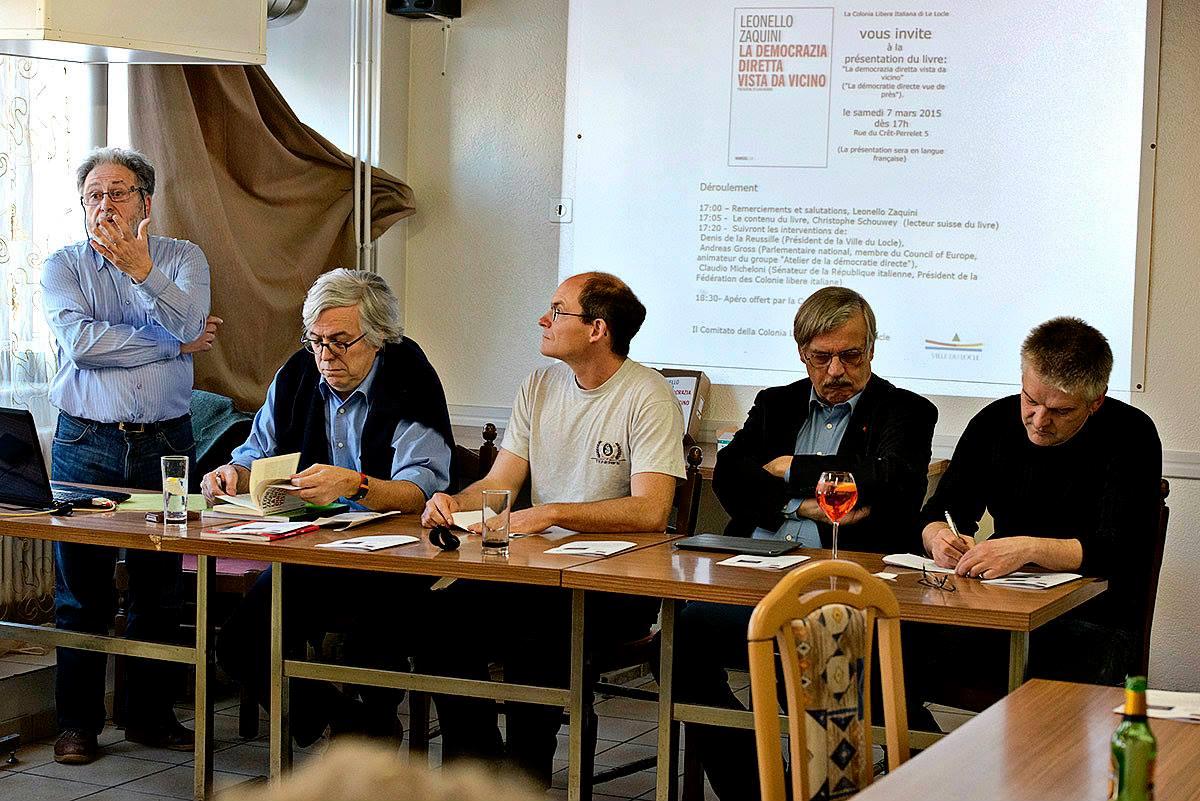
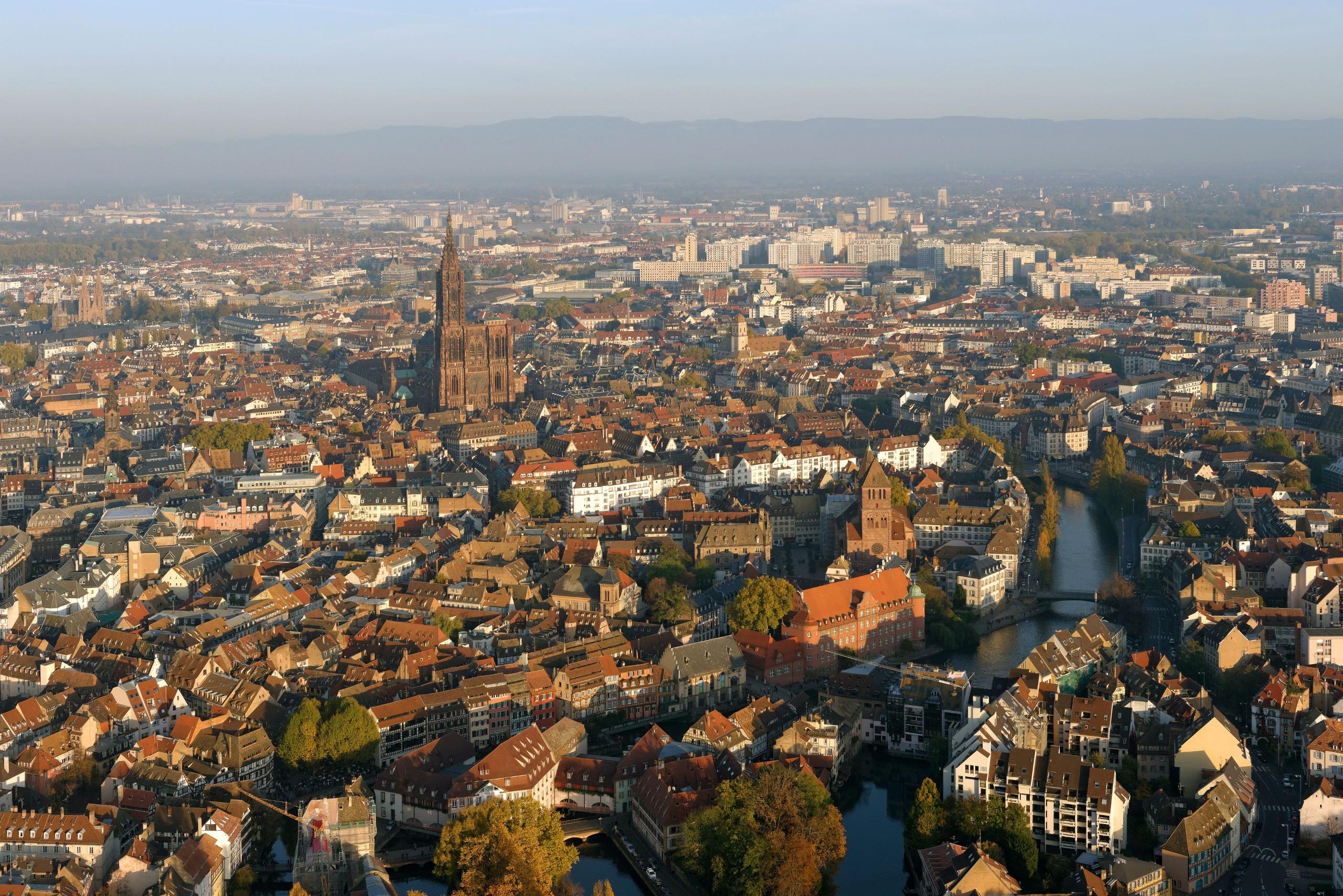
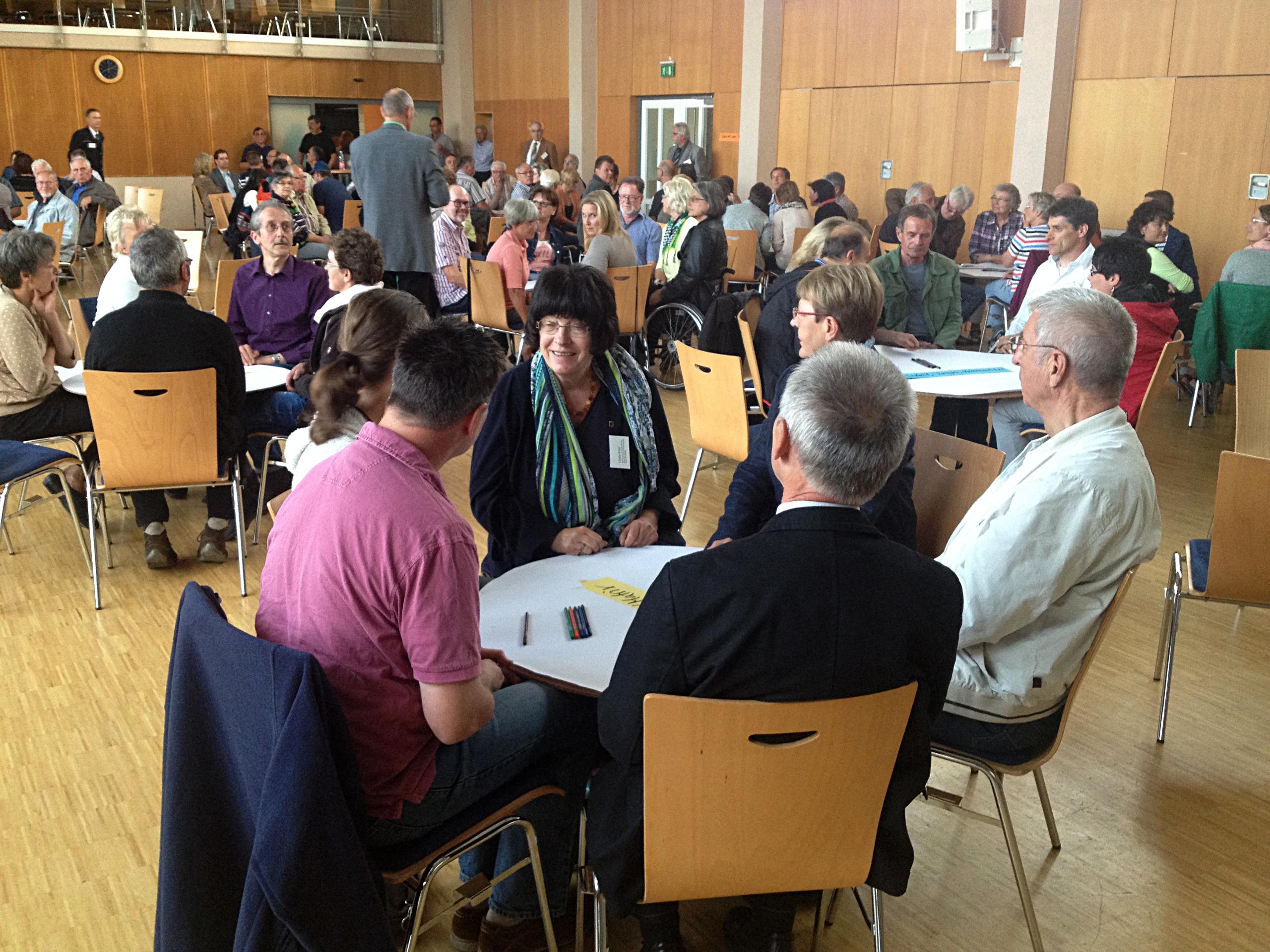
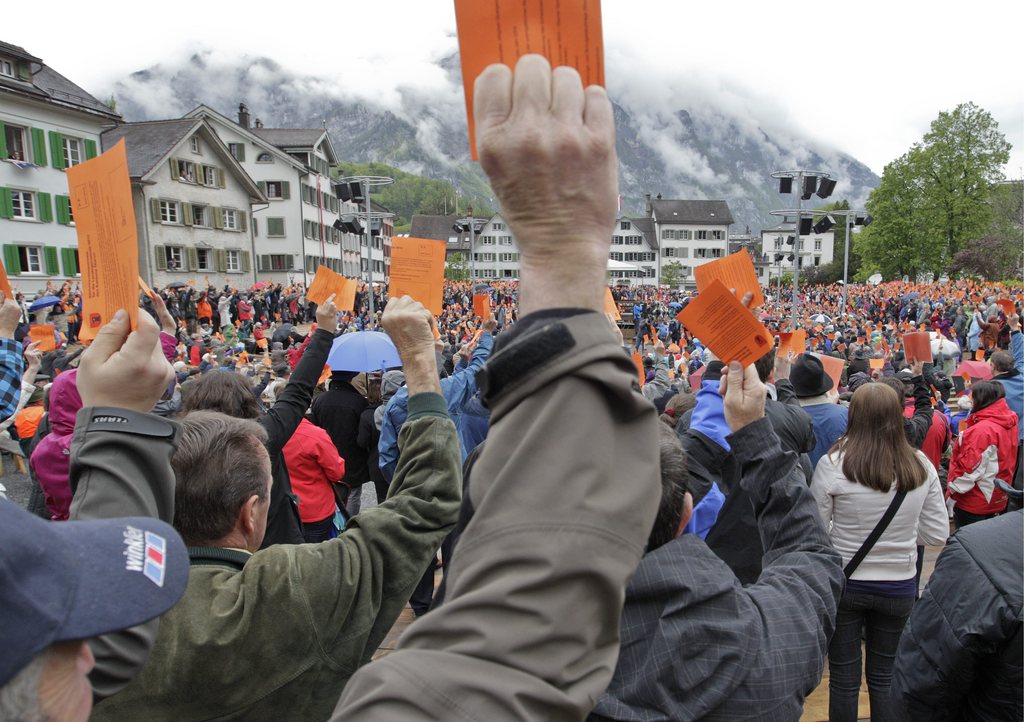
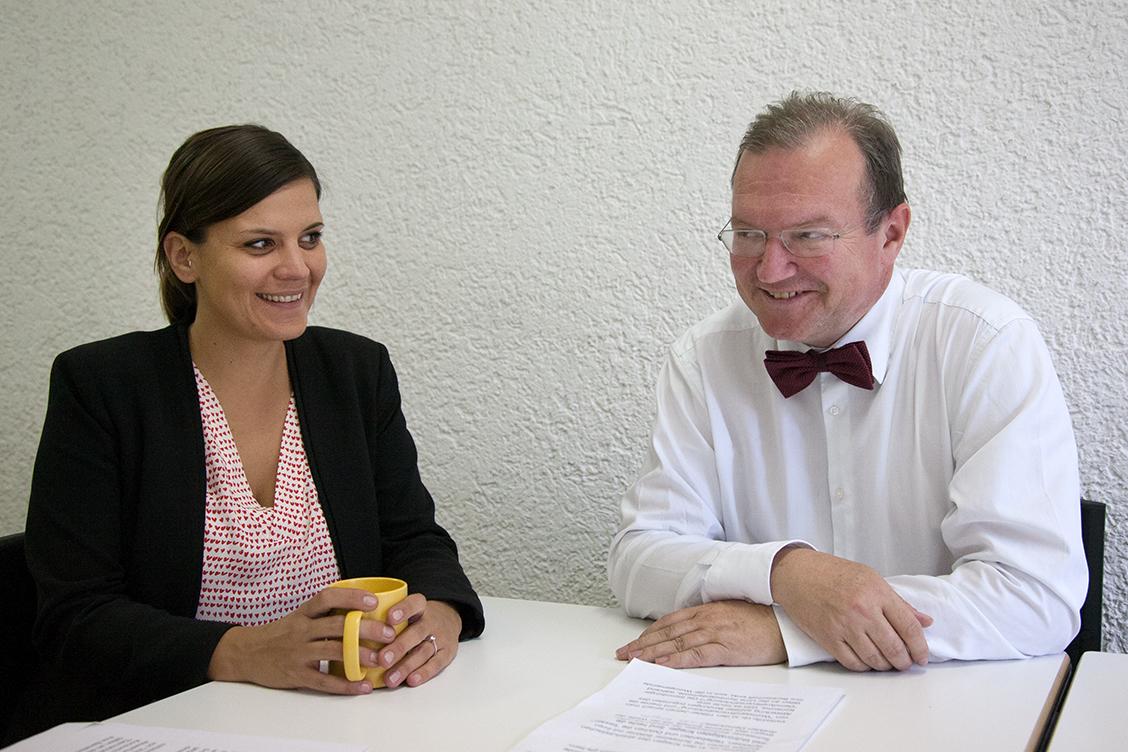
You can find an overview of ongoing debates with our journalists here . Please join us!
If you want to start a conversation about a topic raised in this article or want to report factual errors, email us at english@swissinfo.ch.